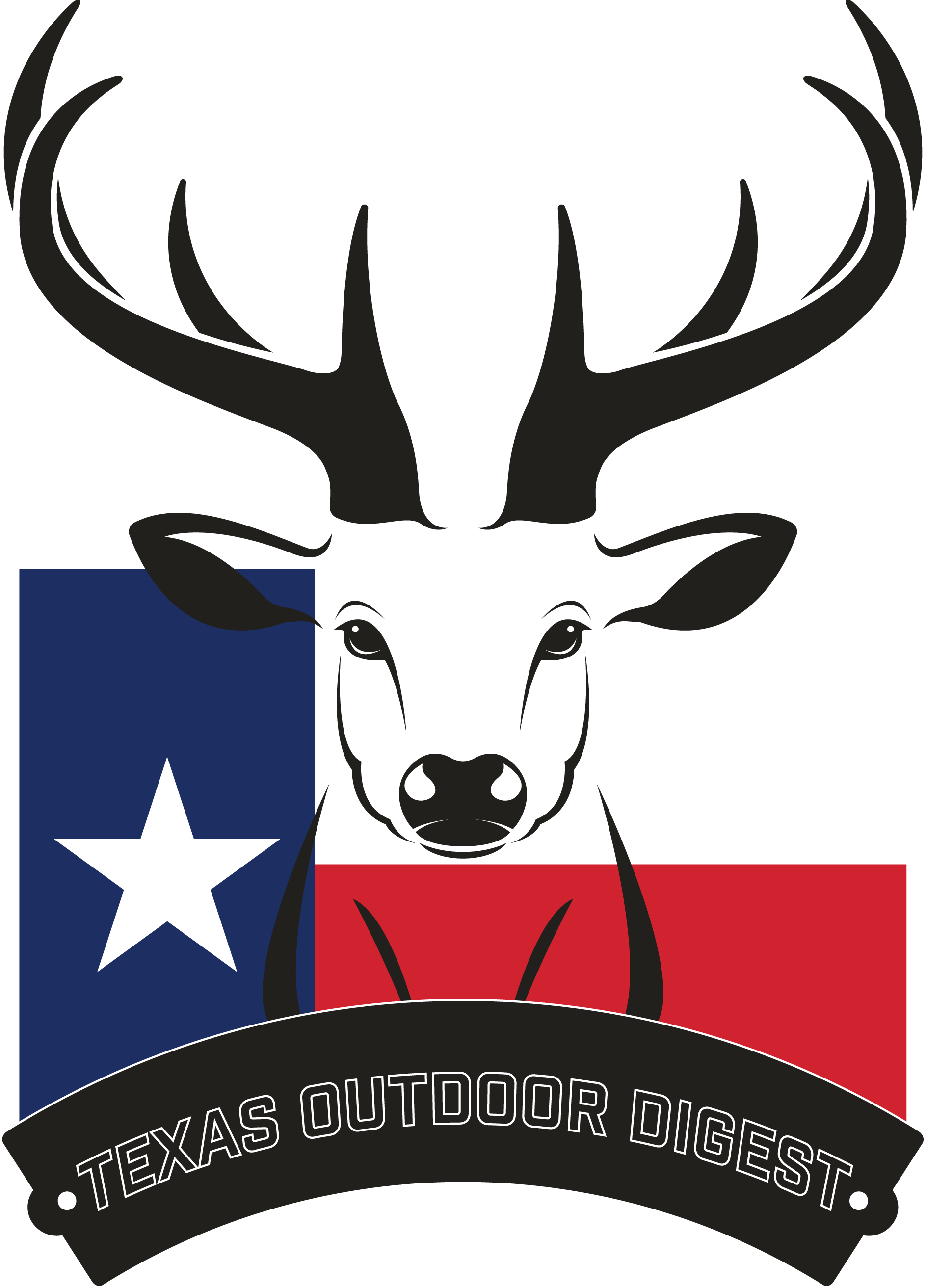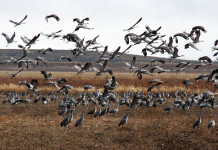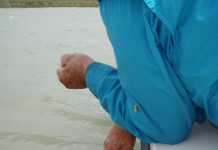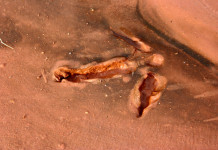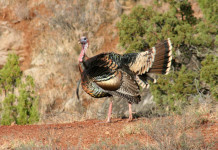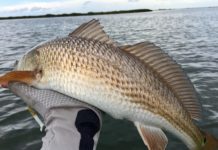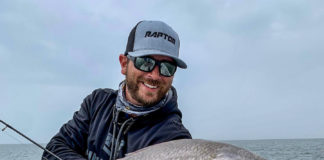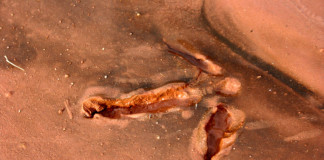The Cedar Bayou restoration effort aimed at reopening the pass that previously divided Matagorda and San Jose islands continues to net funding, including $3 million allocated by the Texas Legislature through House Bill 1025.
The $3 million allocation will come from the Game, Fish and Water Safety Account, also known as Account 9. That revenue is generated through hunting and fishing license and stamp and permit sales, as well as federal funds appropriated specifically for hunting and fishing restoration purposes and boat registration and titling fees.
The funding requires matching donations from local organizations.
The project, which is aimed at dredging out and straightening the historical path of Cedar Bayou, has been estimated at a cost of more than $8 million, leaving it about $2 million short of the funding needed to proceed. The effort would help link up with nearby Vinson Slough, providing Gulf of Mexico inflows into estuarine areas.
Cedar Bayou is a natural pass south of Rockport that historically has linked the Gulf with a number of bay systems, providing significant resources to a number of species that depend on tidal movement to reproduce and mature. Among those species of notable importance to recreational anglers are redfish, speckled trout, flounder, crabs and varying colors of shrimp.
Cedar Bayou had been open for most of the time since records were kept in the 1800s, until it was closed in 1979 to protect bay systems from a large oil spill near Campeche, Mexico. That closure remained in place until 1987, when the Texas Parks and Wildlife Department made its first attempt to reopen the pass. The effort didn’t net lasting results and the pass again was closed in the early 1990s. TPWD made another attempt to reopen the pass in the mid-’90s but it also proved unsuccessful due to budget constraints.
The project has received funding from a variety of sources, including through federal grants and direct money from groups including the Coastal Conservation Association.
Aransas County has pledged $985,000 in Coastal Impact Assistance Program funds toward the cost of opening the pass and allocated an additional $1.75 million that was saved by restructuring a general revenue bond. CCA-Texas has pledged $520,000. The county and CCA-Texas also partnered to hire a professional fundraiser to secure additional funds and applications to several federal grant programs have been made. The county also has provided funding to complete final engineering and surveys for initial restoration of the pass and also has announced that it will annually allocate at least $50,000 to a Cedar Bayou Maintenance Fund, a critical component to keeping the pass open in the future.
For the latest information about the project as well as an opportunity for individuals to make contributions online, visit www.restorecedarbayou.org.
